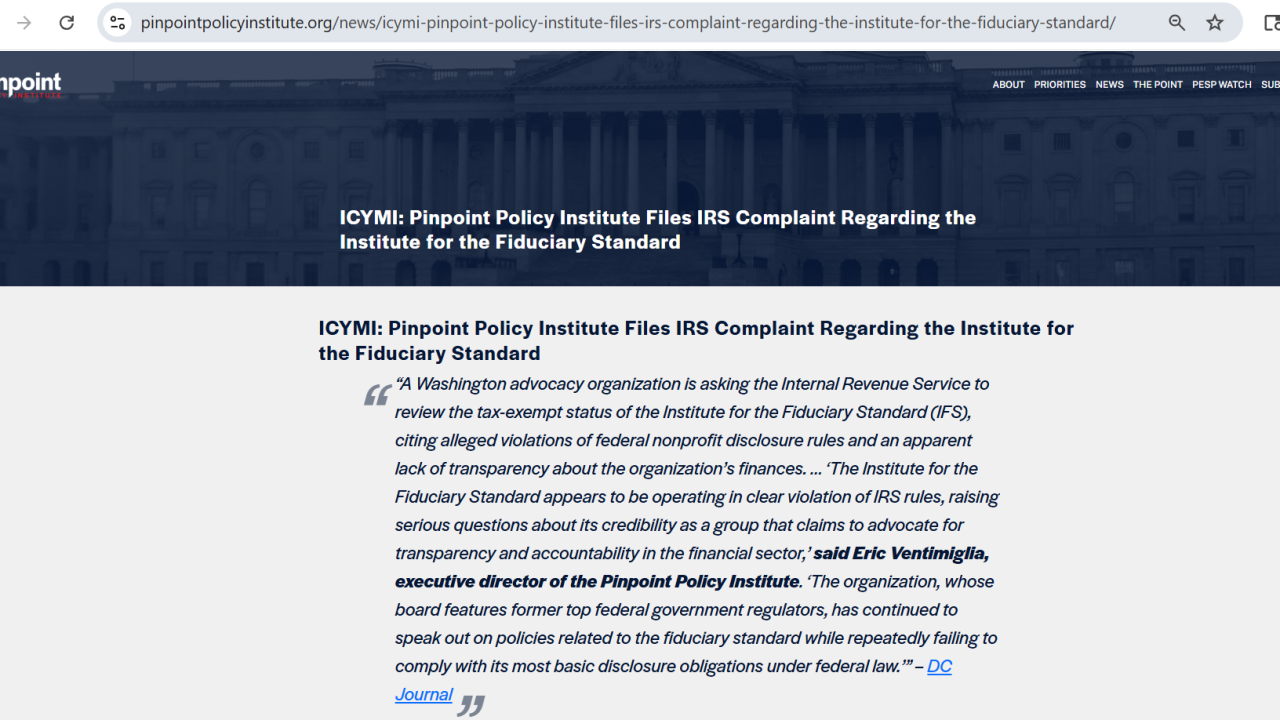Doctors, dentists and other medical professionals see the consequences of disabling injuries all the time in their line of work.
It is a hands-on profession, so it’s not surprising that most of them have disability insurance or actively research it.
After studying what physicians and dentists expect from disability insurance products, Northwestern Mutual launched a resource center for medical professionals, the company announced Thursday. It is called the Disability Income Insurance Knowledge Center, and features a slide show presentation, a fact-or-fiction quiz to assess their knowledge and expectations about disability insurance, and other tools to help medical professionals—and their advisors—become more educated about their options.
“The physician market is where they consider disability insurance to be one of the critical pieces of their financial plan,” said Steve Frankl, director of disability insurance at Northwestern Mutual in Milwaukee. “It is taught to them in medical schools, to ‘buy disability insurance.’”
Doctors who are already running private practices can use a diagnostic tool that asks users to enter information that describes their businesses. It builds a model of their practice and allows them to run scenarios that illustrate how an injury would affect their work. It also runs comparisons between the typical insurance level of disability coverage and Northwestern Mutual’s offerings.
For instance, says Frankl, say a doctor in private practice divides their job duties between surgical procedures and clinical patient care, and suffers an injury that curtails their ability to do surgical procedures. Most forms of insurance will pay a disability benefit, but require the doctor or medical professional to continue working to collect it. The Northwestern Mutual plan offers policyholders the option to work and collect a partial benefit, or not work and receive the total benefit.
The resource center will allow medical professionals to compare and contrast the probable outcomes for different types of contracts, Frankl said.





